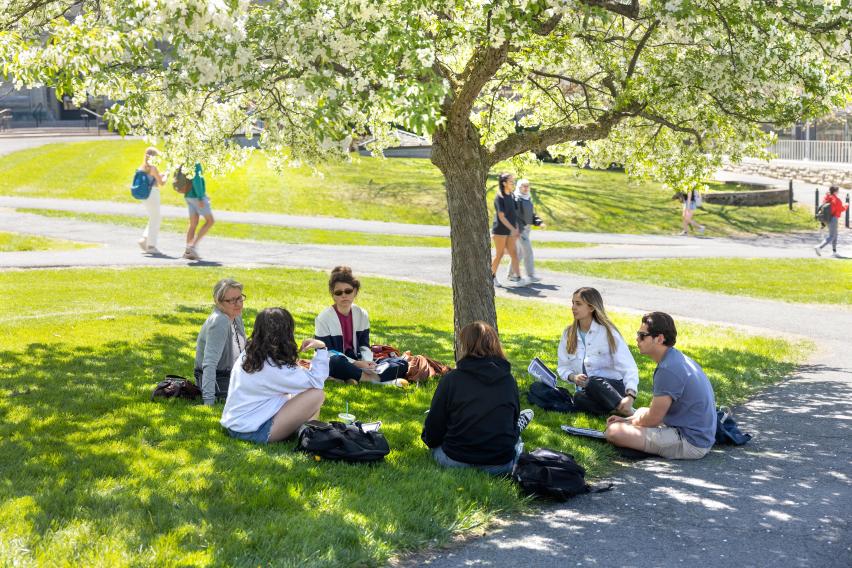When you study abroad, you immerse yourself in a language and culture, which is a powerful way to fast track your fluency. Living, studying, and working in another language and culture accelerates language learning far better than traditional classroom settings can.
Here, we explore why studying abroad and language immersion have a profound effect on your language learning as a student:
Engage with locals
The more you chat with native speakers, the faster you improve your language skills and understand the culture. Yes, grammar and vocabulary are important parts of language, but understanding cultural nuances elevate you from a good to a great speaker. In studying abroad, you experience these subtleties firsthand.
From ordering food at a local restaurant to chatting with classmates and navigating public transportation, every interaction is a learning opportunity. Join clubs, attend events, and make friends with the people around you.
Embrace mistakes
Mistakes are how we learn—if we live in fear of mistakes and failure, we fail to learn. Each error is an opportunity to improve, so take each one in your stride and keep practicing. This real-world practice is invaluable and leads to faster and more natural language acquisition.
Language immersion means surrounding yourself with the target language in all aspects of daily life. This constant exposure reinforces what you learn in the classroom. When you study abroad, you do more than learn a foreign language—you live it.
Enjoy the media
Local TV shows, movies, books, and newspapers are fantastic sources that support your language learning. You also get insight into cultural trends and current events—events you get involved in.
Start off with subtitles when you’re watching TV or movies, so you can see how words are written as you hear them. Maybe keep a notebook of new words and phrases, then try to work them into conversation. A great icebreaker is a chat about an episode of a TV show you saw or to make a comment about a news item you read or saw.
Choose a homestay opportunity
When you look for your study-abroad university, look for places with homestay accommodation, like the University of California, Los Angeles, the University of Toronto, and University College Dublin. In a homestay, you become part of a local family. You dine with them and share their daily lives, immersing you in local routines and giving you constant language practice and cultural exposure.
Take part in language programs
Through SAF you have a range of program types—pure academic, pure language, and a combination of the two. If you choose a study abroad language pathway program, you spend a semester in language-only classes, preparing to join an academic program in the following semester.
If you already have strong enough fluency to join an academic program but want to improve language skills, you could look for a study abroad concurrent program, with language classes running alongside your academic modules.
Many universities and communities also arrange language exchange programs. In these, you pair up with a native speaker who wants to learn your language and you teach each other. This mutual learning experience can be incredibly rewarding.
Why study abroad to fast track your language
Studying abroad with SAF is a transformative experience that goes beyond academic achievement. It gives you a better understanding of words, phrases, and expressions your textbook won’t teach you. Whether you’re debating in class or chatting with classmates over coffee, every interaction improves your communication skills.
The combination of cultural exposure, practical speaking and listening, and personal growth makes studying abroad a great way to elevate your language proficiency. Embrace the adventure, immerse yourself fully, and watch your fluency soar.
